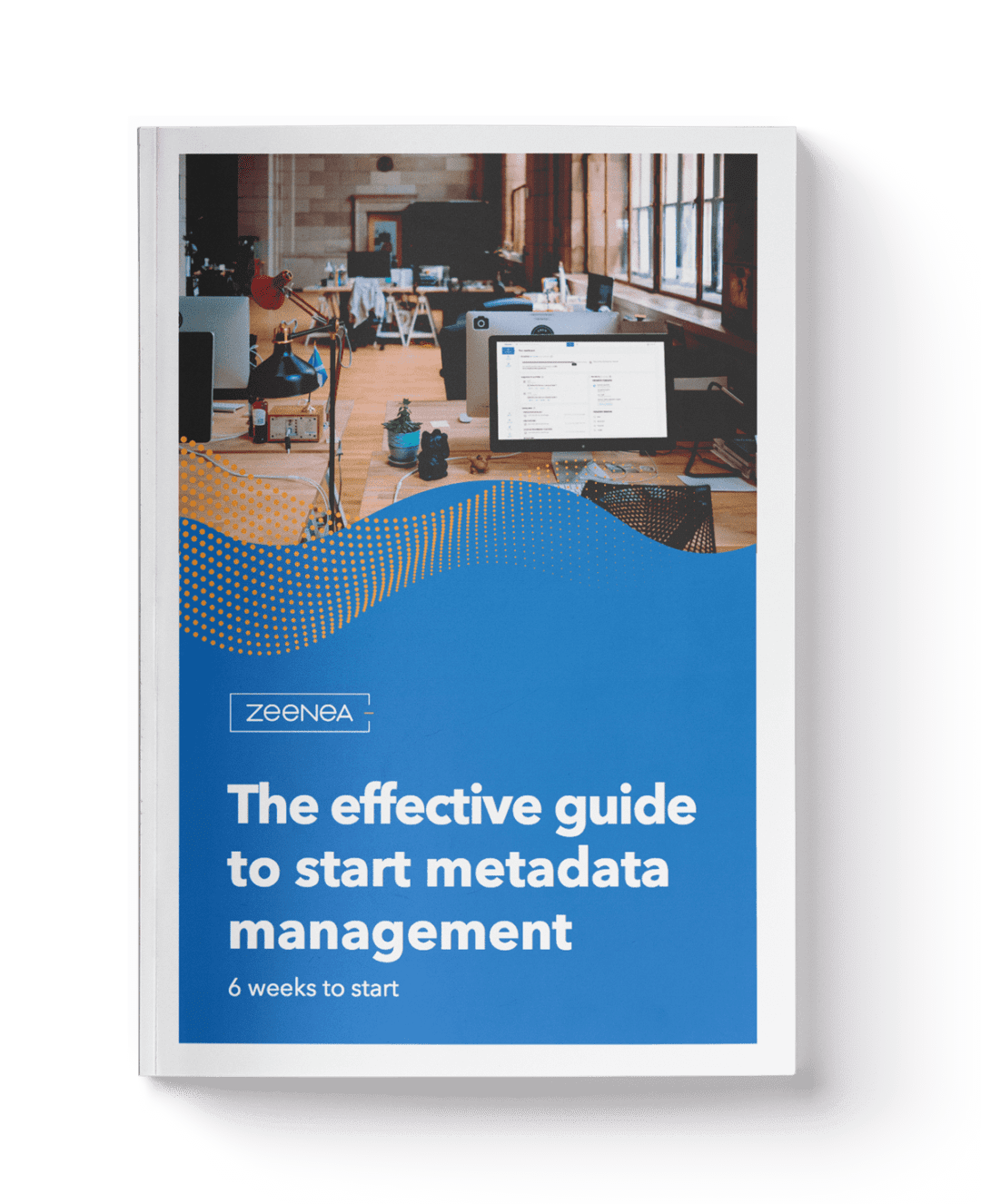In order to optimize their business strategies and improve productivity, data-driven organizations are seeing a shift in their data management practices; going from managing and maintaining data, to also managing and maintaining metadata. However, Gartner states that only 5% to 20% of enterprises are equipped with metadata management solutions! This enterprise level discipline is therefore, an essential practice that will continue to develop for the next few years:
”By 2023, 80% of organizations will require solutions that respond to the needs and use cases of their business personas.” – Gartner.
The challenges & concerns of metadata management solutions for enterprises
Current metadata management solutions in the market fall short in responding to new organization concerns. They usually face:
- A lack of adoption of current metadata management solutions,
- A lack of confidence in the data being analyzed,
- Inability to find data in an organization’s data ecosystem,
- Solutions that are designed for a technical user and not a business user.
These findings, made by various enterprises with current metadata management solutions, were pretty harsh, and for the right reasons! In the search for creating a data democracy culture, enterprises find themselves stuck with very technical tools aimed for the IT department, usually abandoned by business users or misunderstood by the enterprise in general. This technology-driven approach of metadata management leads to a data literacy gap!
Yet, if enterprises seek implementing metadata management, then they have already realized the value of metadata in the first place. So, the problem here isn’t the discipline itself, but rather the dissatisfaction and the irrelevance of the chosen tool and its characteristics.
The six elements to look out for when choosing a metadata management solution
The original target markets of any metadata management solution were the IT departments searching for a better way to understand data. However, as time passes, other business functions have become more involved with owning or working with data and metadata. Among these personas are data stewards, data analysts, business analysts, data scientists, data architects and data engineers.
Here are six elements that are essential for a adopting a successful long term metadata management strategy:
A personalized user experience
As mentioned above, the data literacy gap is still too wide, and as a response, metadata management solutions must have features and functionalities that support data literacy goals in a business-friendly way. Searching capabilities are very effective in a metadata management solution. Through a Googlesque search engine, data users are able to find relevant information via simple keywords or phrases. Helps menus, drag and drops and wizards are also other common examples.
Metadata management solutions that include artificial intelligence and machine learning features allow for more customizable, user-friendly experiences. As the information requested and viewed by data users varies from person to person, it is important that a metadata management solution offers adaptive & personalized interfaces based on their usages. This information should be displayed with easy and eye-catching visual representations in order to avoid spending too much time trying to understand the data.
Role & Access support
In today’s world, data users often change roles and enterprises find themselves spending most of their time re-configuring who has access to what information. Adopting a successful metadata management solution means being able to easily configure and define roles & edition modes within the platform.
This allows for an overview of all users: who are my data stewards? Who are my data users on X project? Who is the owner of this dataset so I can request permission to access this information? Who last updated this dataset? Role and access management is essential for long term metadata management.
Reporting features
One of the driving factors for organizations seeking metadata management solutions is the need to gain trusted results from the data flow & analytics. These solutions should have dashboards that are relevant and understandable to business users, associated with their business use case.
Supported by a data catalog, these reporting features give information on whether it’s a valuable solution for your enterprise. A data catalog reports the volume of data collected, the number of users it has, the frequency to which users connect to the catalog, how many times a dataset’s been viewed or even its frequently asked questions. It can also provide information regarding data documentation, for example it’s completion level, whether it contains personal information, etc.
A business glossary
As mentioned above, metadata management solutions should enable business users to navigate through content aligned with their use cases. This includes fields and labels that these users can create themselves, rather than adhere to the tool’s taxonomie and semantics.
Business glossary functionalities must provide personalized and modular templates when creating data terms and taxonomies. Wikis and articles within the tool are not enough! A successful business glossary enables data leaders to build and manage a common business vocabulary and make it available across the entire organization.
Compliance with data regulations
Governance and compliance in general are major drivers for acquiring metadata management solutions.
When choosing a metadata management platform, if your main use case is data governance, it is important to seek solutions that offer automated capabilities regarding your enterprise’s personal information. Automated notifications and data fingerprinting technologies provide augmented cataloging and stewardship capabilities for better data governance.
Collaborative capabilities
Social features are a must for companies seeking metadata management. Discussions, ratings, notes, popularity, notifications and messaging capabilities are all important elements to have. For example, social capabilities allow users to easily communicate with data stewards or specific experts linked to a dataset or project.
Moreover, collective intelligence allows enterprises to leverage crowdsourced information and knowledge. With collaborative features enterprises are able to “archive” previous knowledge by stocking it. Companies thus create data communities and a more data literate organization!
Start metadata management in just 6 weeks!
When it comes to metadata management, Zeenea’s got your back. In this white paper, we share our advice and expertise on implementing iterative metadata management optimized for your context.














